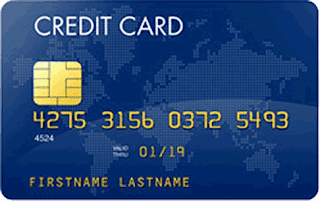December 17, 2015
Have you ever wondered what happens when a company is charged with violating a settlement order with the FTC? Well, ya got trouble. I mean trouble with a capital “T”. And for LifeLock, that trouble comes partly in the form of full refunds of up to $100 million for consumers affected by its alleged order violations.
Let me set the stage. In 2010, LifeLock agreed to settle charges with the FTC and 35 state attorneys general that it used false claims to promote its identity theft protection services. The settlement required Lifelock to:
- stop making deceptive claims;
- strengthen measures to safeguard the personal information it collects from customers; and
- pay the FTC $11 million for consumer refunds.
- from at least October 2012 through March 2014, failing to establish and maintain a comprehensive information security program to protect its customers’ sensitive personal information, including credit card, Social Security, and bank account numbers;
- during that period falsely advertising that it protected consumers’ sensitive data with the same high-level safeguards as financial institutions;
- falsely advertising that it would send alerts “as soon as” it received any indication that a consumer may be a victim of identity theft from January 2012 through December 2014; and
- failing to meet the 2010 order’s recordkeeping requirements.
For more information about protecting your personal information, visit our Privacy & Identity page. If you want help recovering from identity theft, visit IdentityTheft.gov.
Federal Trade Commission













